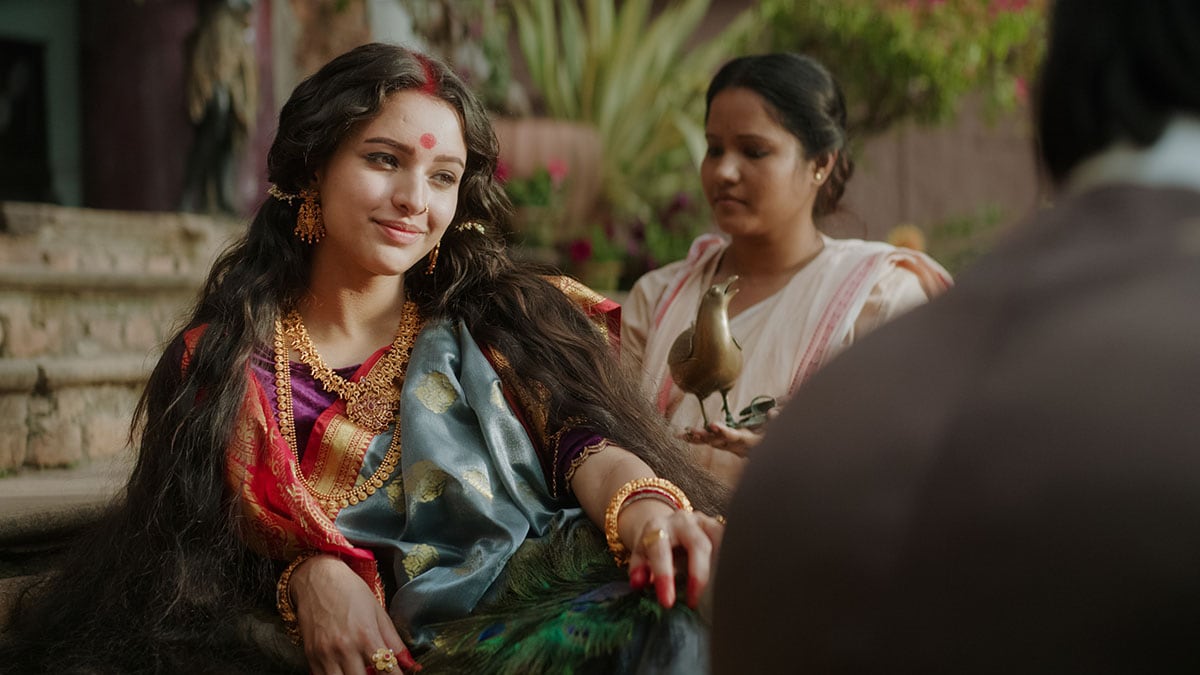New Delhi (Tisha Bhatia): It’s 1881 and the place we are going to be is for an OTT-ride in Bengal presidency. A young girl, barely off her single digit aged years is married off to a man much elder to her. Her patriarchy trodden aunt, while dressing her up for the wedding, puts toe rings in her feet and says that these are worn to control the women. That’s the first moment of reckoning, when as a viewer you get the first layer of patriarchy-trodden impeccability under a terrific screenplay in the packing of a horror drama.
The film, directed by debutant Anvita Dutt and produced by Anushka Sharma and brother Karnesh Sharma-led Clean Slate Productions, is out on Netflix since 24th June. Like most Anushka Sharma productions (all were written by Anvita), Bulbbul puts women at the center of conceptual foregrounding of the story. The film, with its horror-genre wraps up a period drama under the multiple layers of social commentaries on the feudal assertiveness of patriarchy.
Bulbbul, a pre-independence folk tale of a ‘Chudail’, manages to blend remarkably well with the adjustment of transitional womanhood with stagnant patriarchy. The sets of the film are designed with utmost brilliance, and the victorian-bengali ambience appears striking in one-go. The colourful antagonism filled with superbly designed costumes, sported upon by impeccable performers, makes Bulbbul one of the classiest Horror-dramas-with-meaning created by a desi filmmaker for the OTT world. The Anvita Dutt-written screenplay marks a change in the tide in the shallow sea of horror genre in India, complemented by stunning visual effects and terrific mix up with some of the most sharply relevant notions of patriarchy and feminism extracted out of a setting in 1881 .




